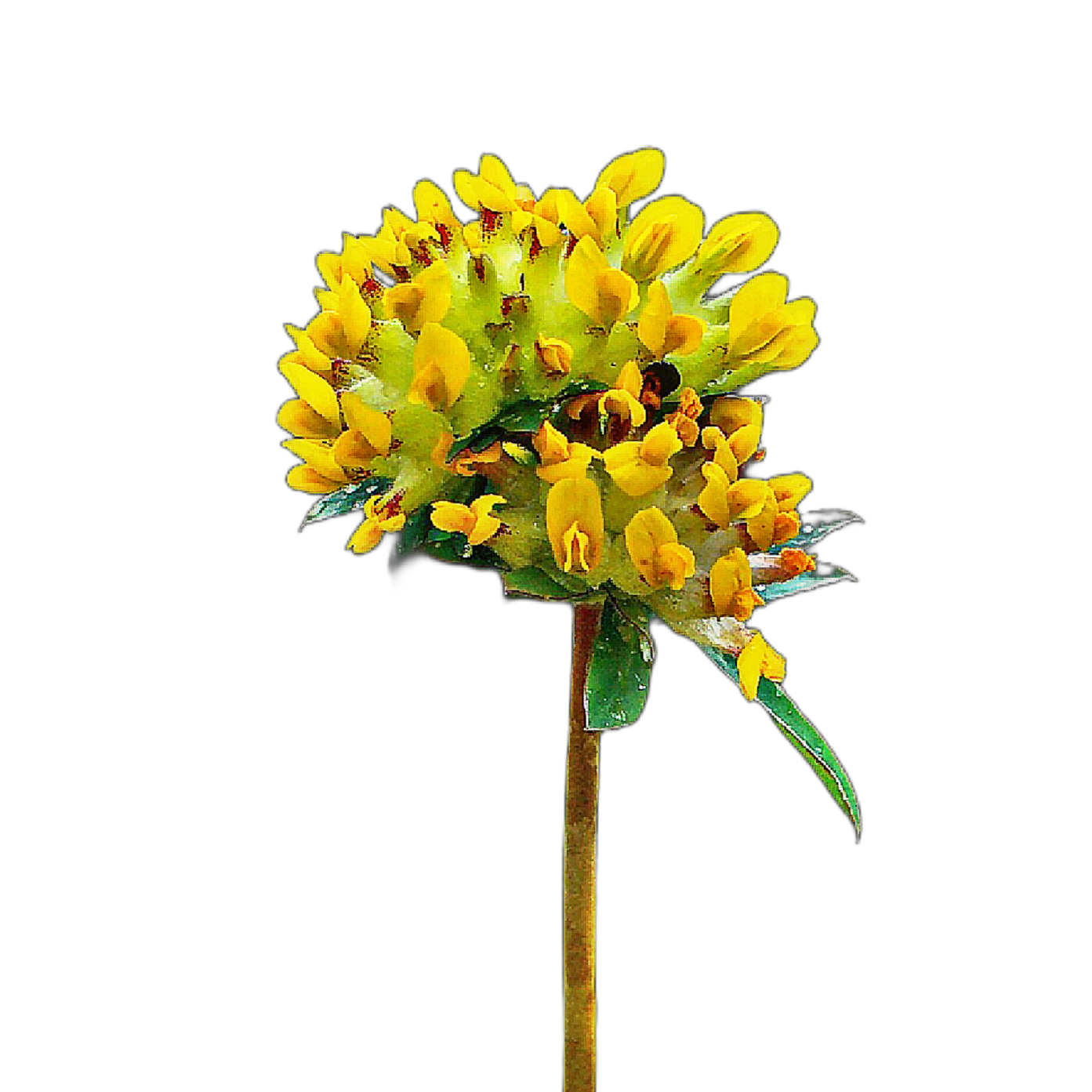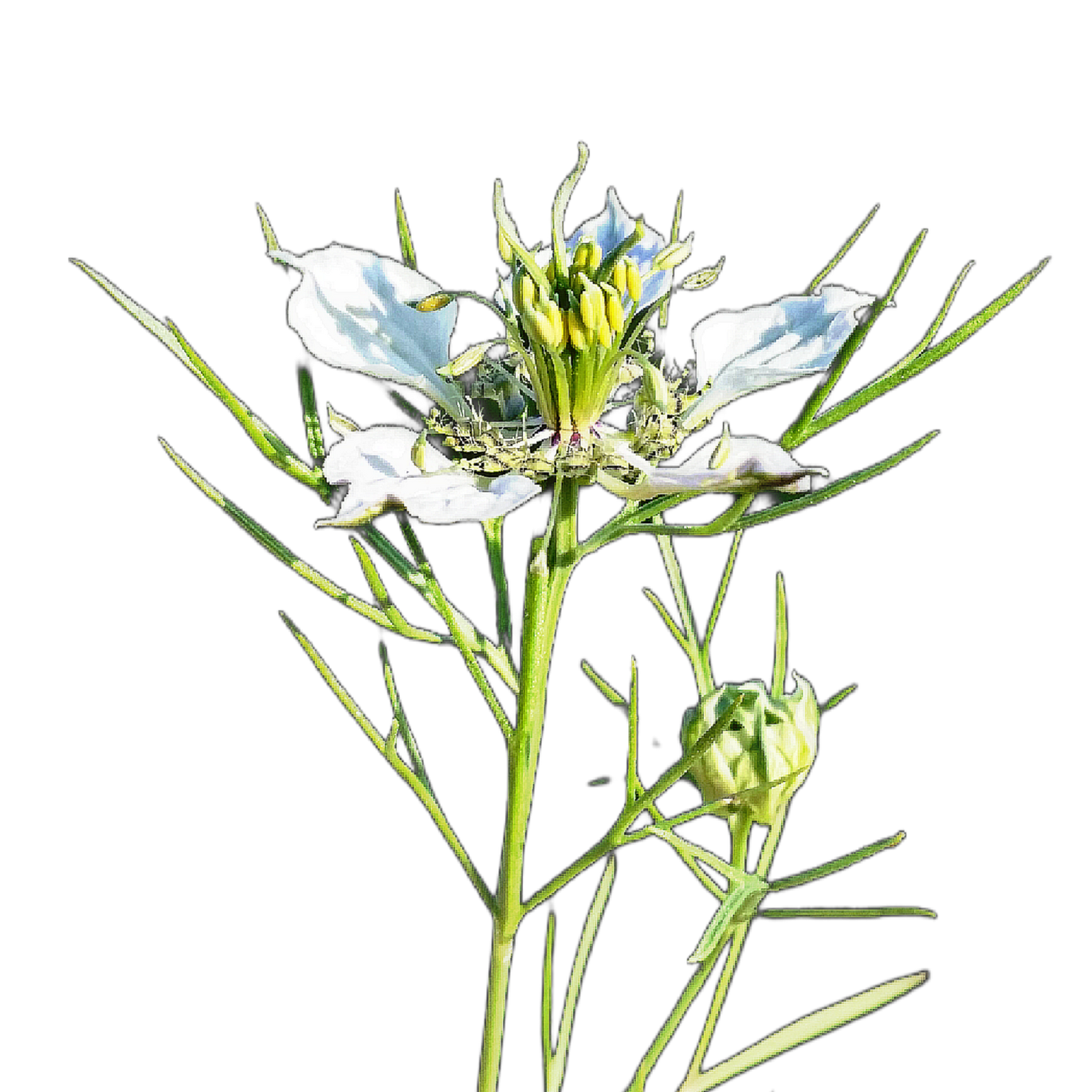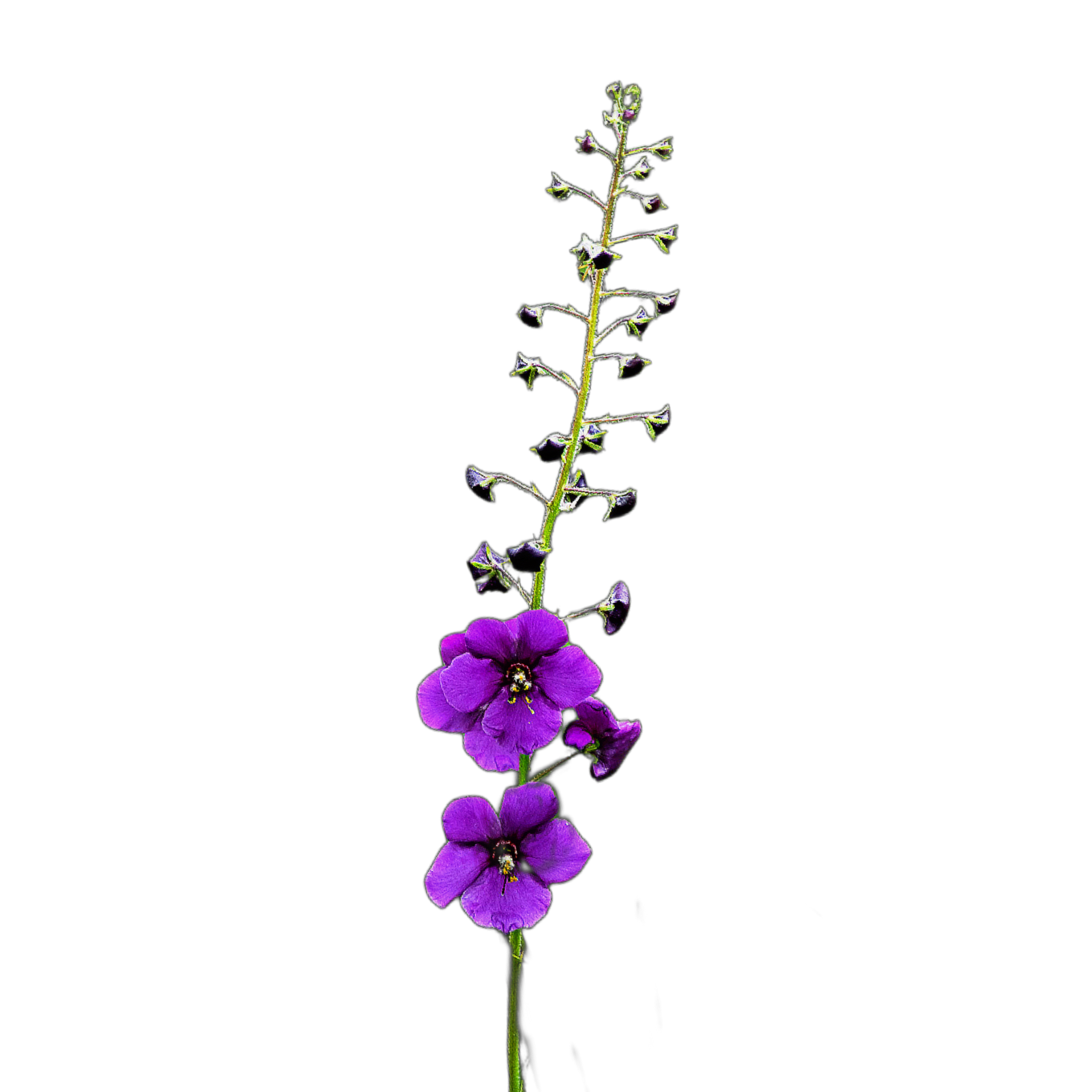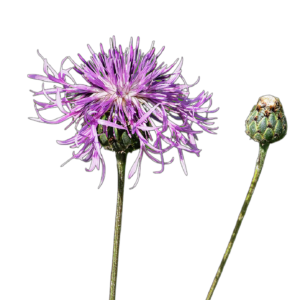Purple oxtail (Verbascum phoenicum) 0,05g, ~335 seeds
875 Ft
The purple oxtail(Verbascum phoenicum) is a very special wild flower. Unlike the other ox-eye daisies, it is not yellow but purple and has a much more graceful appearance. And that's not the only difference: while the other oxeye daisies are biennials, the purple oxeye daisy is a perennial. They get their name (a surprising fact) from their yellow cousins' resemblance to the tail of an ox. The flowers start to open from below, with only 3 or 4 flowers open at a time. It is a truly unique native wildflower, and horticultural varieties are becoming increasingly common. This seed is the wild variety.
Features:
- Latin name: Verbascum phoenicum
- family: Scrophulariaceae
- life cycle: perennial
- flowering time: may-july
- size: 80-100 cm
- soil: dry, average
- growing area: sunny
- origin: Austria
- pollination factor: 9/10
1 packet contains 0,05 g, about 335 seeds.
For betting suggestions and more details, scroll down.
In stock
Description
The purple oxtail(Verbascum phoenicum) is a very special wild flower. Unlike the other ox-eye daisies, it is not yellow but purple and has a much more graceful appearance. And that's not the only difference: while the other oxeye daisies are biennials, the purple oxeye daisy is a perennial. Their name (a surprising fact) comes from the resemblance of their yellow relatives to the tail of an ox. The flowers start to open from the bottom, with only 3-4 flowers open at a time. A truly unique native wildflower, horticultural varieties, usually double-petalled, are becoming increasingly common. This seed is the wild variety. As a cut flower it also makes a beautiful ornamental in bouquets.
Features:
- Latin name: Verbascum phoenicum
- family: Scrophulariaceae
- life cycle: perennial
- flowering time: may-july
- size: 80-100 cm
- soil: dry, average
- growing area: sunny
- seeds origin: Austria
- pollination factor: 9/10
Sow the seeds in spring or autumn in prepared soil or pots. You can also sow the seeds directly in their permanent location, but it is a good idea to grow them as seedlings to increase the germination rate. Don't cover the tiny seeds with soil or only very thinly, they germinate in the light. Water them. Keep the soil moist during the first few weeks of germination. If sown in early spring, they will not flower until the following year, but they may flower the first year, and if sown in autumn, they usually flower the following year.
Admire the spectacle!
More information
| Mass | 4 g |
|---|---|
| Lifecycle | |
| Species | |
| Demand for light | |
| Dispensing | |
| Special feature | |
| Height | |
| Quantity | |
| Ancestry | |
| Colour | |
| Talaj | |
| Flowering month | |
| Water demand |
Only users who are logged in and have already purchased the product can write a review.
Related products
-
-
Add to basket
- Add to wishlistAdd to wishlist
Add to wishlistAdd to wishlist -
Add to basket
-
Add to wishlistAdd to wishlist
-
-
Add to basket
- Add to wishlistAdd to wishlist
Add to wishlistAdd to wishlist -
Add to basket
-
-
Add to basket
- Add to wishlistAdd to wishlist
Add to wishlistAdd to wishlist -
Add to basket









Reviews
No reviews yet.